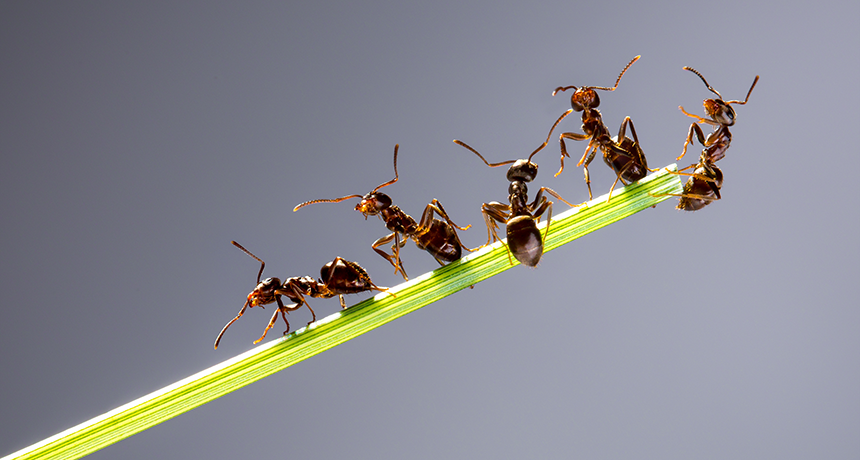The Surprising Power of Insect Group Decisions
Insects are often surprisingly good at group decision-making, sometimes even outpacing humans in certain contexts. Their secret lies in their decentralized, collective decision-making processes. Unlike humans, who often rely on hierarchical or centralized systems, insects like ants, bees, and termites make decisions based on simple interactions between individuals. These small actions add up, resulting in an incredibly efficient collective decision. For example, ants don’t need a leader to figure out where to find food—they leave pheromone trails that other ants follow and reinforce, quickly leading the entire colony to the best food source. Bees do something similar when they decide on a new hive location. Each individual makes simple decisions based on local information, but together they make the optimal choice for the entire colony.
This decentralized approach gives insects a big advantage in situations that require quick, adaptive decisions. Even if a part of the group fails or gets lost, the rest of the colony can continue functioning smoothly. This type of adaptability is something that human groups often struggle with, especially when things don’t go according to plan. Human decision-making processes are more complex and usually involve more layers of authority, which can slow things down or lead to disagreements.
Insects also tend to make decisions much faster than humans. Ants, for instance, can figure out the shortest path to a food source in a fraction of the time it might take a human team to deliberate over a similar problem. Because insects don’t overthink the decision-making process, they can get to the best solution quickly. Humans, on the other hand, often take longer to arrive at a conclusion, as we consider more variables, engage in debates, and sometimes fall victim to biases that cloud our judgment.
One of the most remarkable things about insect decision-making is how efficient they are in managing resources and organizing tasks. Ants divide labor, termites build intricate nests, and bees forage for nectar in the most energy-efficient ways possible. This kind of resourcefulness is embedded in their genetic makeup, and their decision-making doesn’t require complicated reasoning—it’s all about optimizing efficiency for the group. Humans are certainly capable of optimizing resources too, but we often encounter inefficiencies, disagreements, and conflicting interests that can complicate the process.
However, while insects excel at collective decision-making for tasks that involve immediate, practical solutions, humans shine when it comes to more abstract, long-term thinking. We can make complex decisions that involve ethics, long-term planning, and abstract concepts, something that insects are simply not capable of. Insects don’t have to weigh the moral implications of their actions or consider the broader societal consequences—they simply focus on survival and efficiency.
So, while insects may have the edge in some areas of group decision-making, particularly in terms of speed, adaptability, and resource efficiency, humans are far better equipped for handling complex problems that require deep reasoning and a consideration of long-term consequences. In the end, it’s not about one being “better” than the other, but rather recognizing that both insects and humans excel in different types of decision-making depending on the situation.



